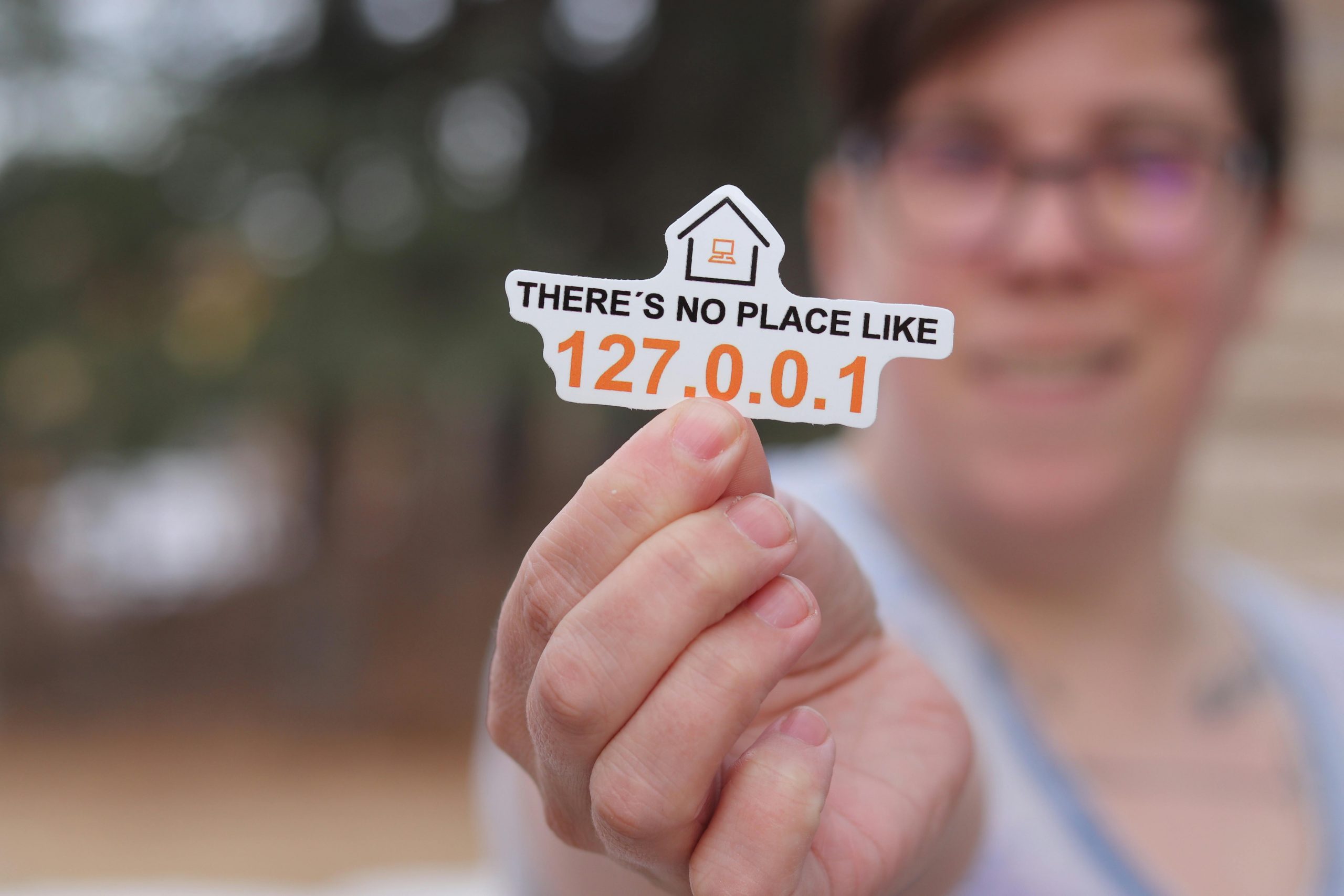In this blog, we’ll break down how to find someone’s IP address online, legal considerations, and what to do if you’re being harassed online.
What is an IP Address?
IP stands for Internet Protocol. Put simply, the IP address is the label assigned to a computer when connected to the internet, meaning it tracks the device’s location, activity, and identity within a network.
An IP address can show:
- The Internet Service Provider (ISP)
- User location (usually a city or region)
- Sometimes, the type of device or network used
IP addresses are tracked online for a number of reasons, including marketing, Geo-tailored experiences, and technical troubleshooting, as well as safety reasons such as cybersecurity, fraud and scam prevention, and law enforcement.

How to Legally Find Someone’s IP Address
If you’re facing harassment online, some people want to know how to find the person’s IP address in order to bring them to justice.
If you own a website, you may be able to find who has visited your site through server logs or website analytics. Some email providers like Hotmail record the IP address of the sender, but other platforms like Gmail, Twitter (X), Facebook, and Instagram all mask IPs for privacy purposes. For those reasons, finding an IP address can be difficult.
If you do manage to find the IP address, you might be able to use an online lookup service to gain any publicly available data linked to their IP. However, keep in mind that an IP address doesn’t give you a specific street address, just a general region, and it usually traces back to an ISP or a mobile carrier, not a person directly.
Once you have an IP address, you need to link it to a person. This is usually done through a court order, which asks the internet service provider to disclose any information they have about that person. A court order is only available to those people who would have a legal action available to them if the person were identified.
Is It Legal to Trace Someone’s IP Address?
In some cases, it is legal to find someone’s IP address. Every website you visit sees your public IP automatically, and this is just a natural part of how the internet works.
However, the intention behind searching for someone’s IP address is important. There are plenty of valid reasons why people trace an IP address for security or marketing purposes. However, it is illegal to try and find someone’s IP address for stalking, harassing, fraud, or any kind of unsolicited communication.
What To Do if You’re Being Harassed Online
At Lyonswood Investigators, many of our clients come to us trying to trace the source of unwanted messages, including online threats, attempted computer hacking, fraud, and harassment.
If you’re being persistently harassed online and want to find their identity, one solution is to properly gather all offensive content and speak to a team of private investigators who have access to online databases and experience in tracking IPs legally and ethically. This way, you can use the information gathered to obtain a court order and ultimately take legal action against the harasser if you wish to do so.
Get in Touch with Lyonswood Today
Finding an IP address is no easy feat. But if you’re facing online harassment, fraud, or threats, we can help you document, trace, and act on the evidence legally.
One of our previous investigations successfully identified an online bully who was sending threatening emails to our client. We were able to forensically document his IP address, allowing our client to successfully take these matters to the Supreme Court of NSW.
Contact us today for a confidential consultation. We’ll help you take the next step with confidence.





